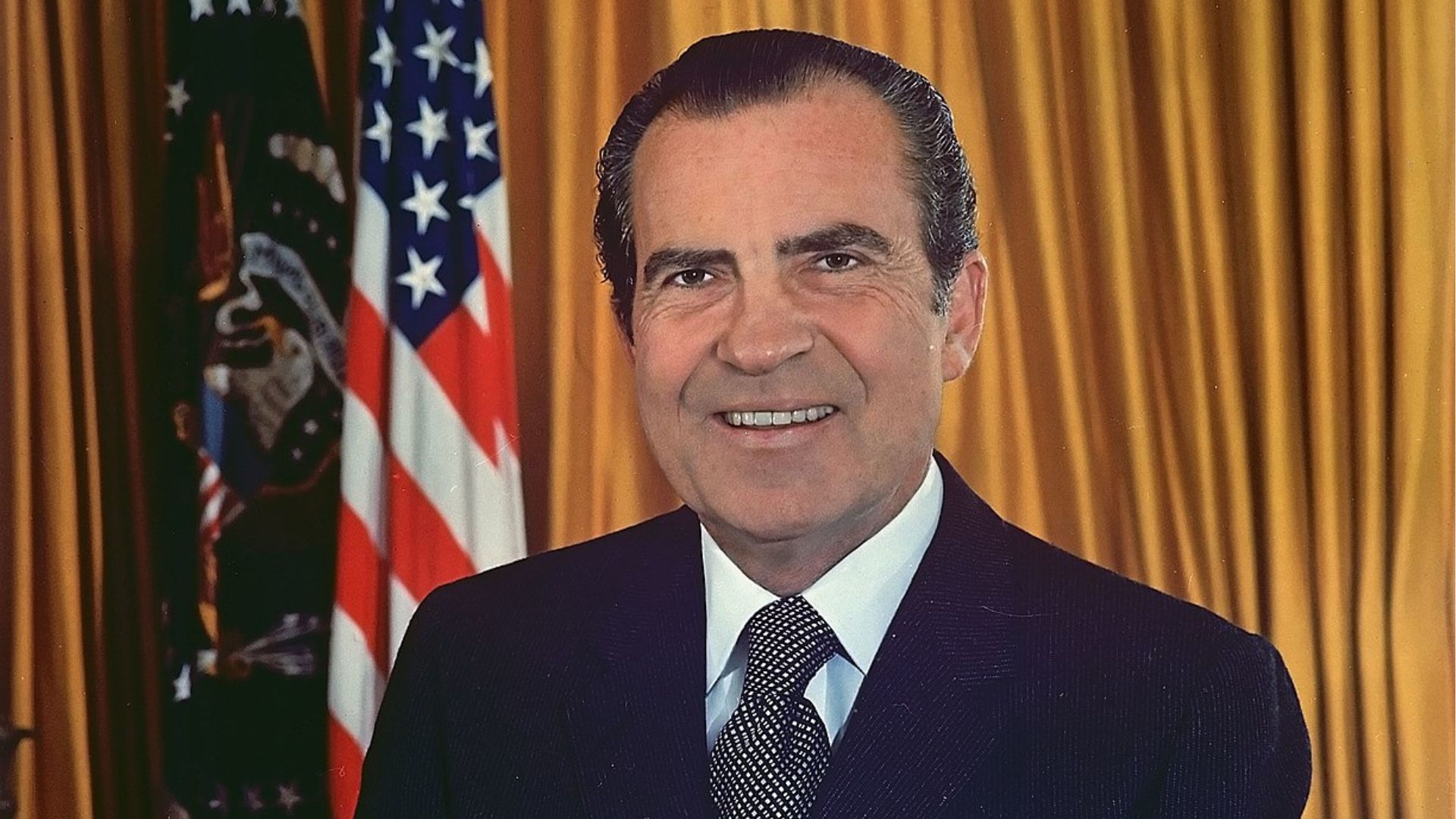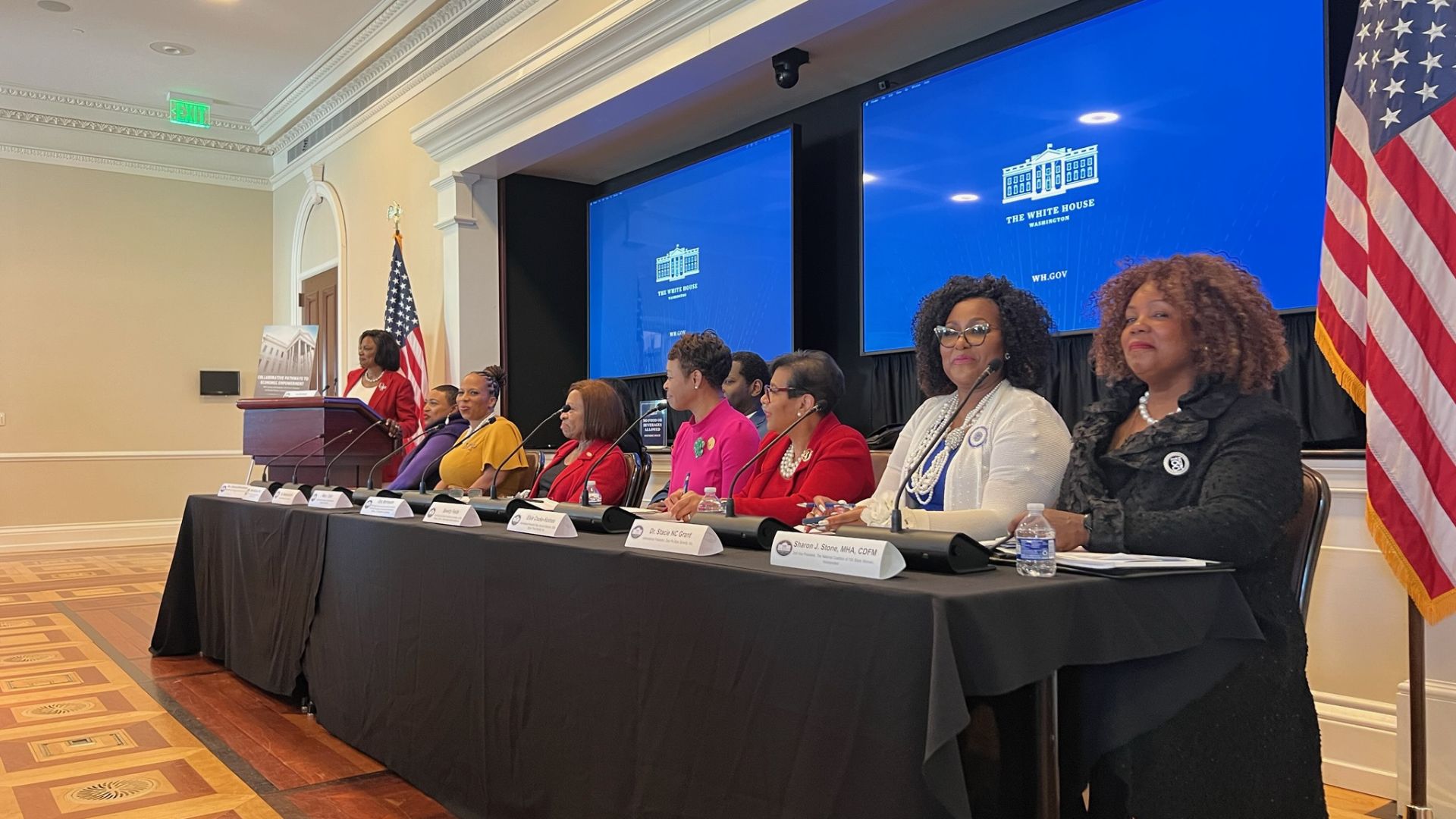A federal judge in Texas has issued a ruling requiring a U.S. agency dedicated to assisting minority-owned businesses to extend its services to all entrepreneurs, irrespective of their racial background.
This decision follows a lawsuit filed by white business owners who felt discriminated against by the agency’s policies. They argued that the agency’s focus on minority groups excluded them from receiving support, which the judge found to be in violation of constitutional rights to equal protection.
Judge Pittman’s Ruling

Judge Mark T. Pittman’s ruling contends that the Minority Business Development Agency‘s policies, which presume minorities to be inherently disadvantaged, violate the Fifth Amendment’s equal protection clause.
This decision has ignited a significant debate regarding the necessity and future of such support programs in tackling systemic inequities in the business sector.
Lawsuit Claims Discrimination Against Small Business Owners

In March, three small business owners initiated a lawsuit against the agency, claiming they were denied assistance due to their race.
One of the plaintiffs, Matthew Piper, expressed his frustration, saying “The American dream should be afforded to all Americans regardless of skin color or cultural background. But what we have is a federal government picking winners and losers based on wokeism – enough is enough.”
Reaction to the Court’s Decision

The court’s ruling has elicited mixed reactions. Some view it as a step towards fairness, ensuring that no group is excluded from government assistance.
Others argue it dilutes the focus on rectifying historical disadvantages faced by minority business owners. The agency’s role in addressing these disparities is now under review, considering the judge’s directive to serve all racial groups equally.
The Agency’s Background and Mission

Established during the Nixon administration and expanded under President Biden, the Minority Business Development Agency was designed to address racial discrimination in the business sector.
It provides support to minority-owned businesses in accessing financing and government contracts. The recent court decision challenges this foundational mission, mandating a non-discriminatory approach to service provision.
Nixon’s Vision for the MBDA and Its Role in Fighting Poverty

When President Nixon signed the executive order that led to the creation of the Minority Business Development Agency, he acknowledged that the agency alone was not a cure for all challenges related to poverty.
He emphasized that the MBDA was intended to complement a broader array of initiatives aimed at integrating minority groups into the economic and social fabric of America. Nixon highlighted the agency’s goal to produce concrete outcomes rather than just generate reports, positioning it as a critical component in the nation’s effort to empower minority communities and promote inclusive economic growth.
Legal Trend Against Race-Conscious Programs

This ruling in Texas aligns with a broader legal trend challenging race-conscious programs across the United States.
Following the Supreme Court’s decision to dismantle affirmative action in higher education, similar principles are being applied to government and private sector initiatives aimed at supporting disadvantaged groups, influencing a range of policies and programs.
A Historic Victory Declared by Conservative Legal Activists

Dan Lennington of the Wisconsin Institute for Law & Liberty, which filed the lawsuit against the Minority Business Development Agency, celebrated the court’s ruling as a monumental win for equality in the U.S. He stated, “DEI’s days are numbered,” emphasizing that federal agencies must serve all citizens, not just selected racial groups.
According to Lennington, this ruling signifies the MBDA’s new directive to inclusively support all American entrepreneurs.
A Milestone for Equality

Rick Esenberg, President and General Counsel of the Wisconsin Institute for Law & Liberty (WILL), hailed the court’s decision as a landmark achievement in the pursuit of equality.
He said “This is exactly why WILL exists. The federal government created a discriminatory agency that persisted for decades. The Biden Administration re-invigorated it and then refused to help millions of businesses based on race. Those days are now over.”
Adjustments by the Agency

In response to the court’s ruling, the Minority Business Development Agency will need to revise its policies and programs to comply with the new requirements.
How the agency will balance its original mission with this mandate to serve all business owners is a key question moving forward.
Concerns Over Eroding Support for Equality Initiatives

However, Arian Simone, CEO of the Fearless Fund, has voiced strong criticism against what she perceives as a waning commitment to equity programs among corporations, particularly in light of increasing legal challenges.
“Practically every day there seems to be a new legal ruling that chips away at our attempt to close economic gaps that exist for people of color,” she said.
Ruling Criticized for Impact on Minority Business Support

Advocates for minority-owned businesses have sharply criticized the ruling, viewing it as a major setback in the endeavor to create equal opportunities for Black, Hispanic, and other minority entrepreneurs.
They highlight the persistent challenges these groups face in securing financing and resources—barriers the agency aimed to diminish.
